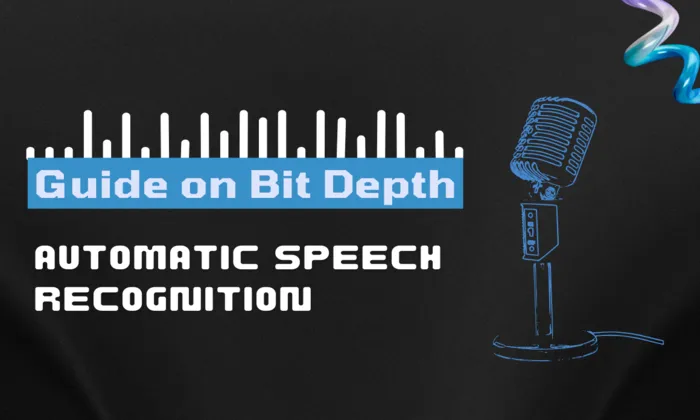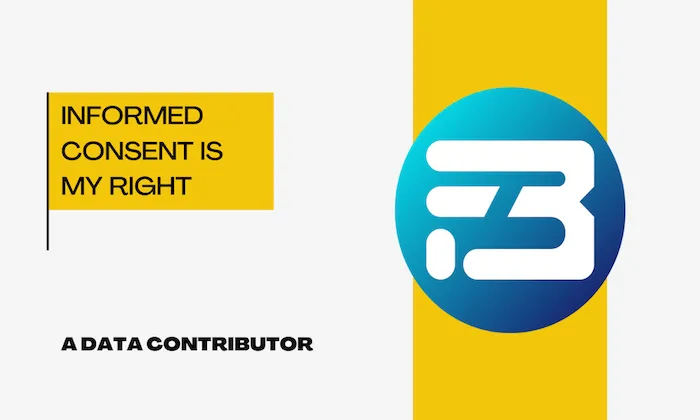What is audio anonymization?
Audio Processing
Privacy
Speech AI
Audio anonymization is the process of altering audio data to protect individuals' identities while preserving the essential information needed for analysis. This technique is crucial in sectors like healthcare, finance, and any field handling sensitive or personal data. By anonymizing audio, organizations can leverage valuable insights while maintaining privacy and compliance with regulations like GDPR and HIPAA.
Why is Audio Anonymization Important for Data Privacy?
In today's data-driven world, audio anonymization plays a vital role in safeguarding privacy. As organizations collect more audio data, often containing personally identifiable information (PII), the risk of violating privacy regulations increases. Anonymizing audio helps mitigate these risks by ensuring sensitive information remains secure. This not only reduces liability but also supports compliance with legal standards.
Anonymized audio datasets are also essential for training machine learning models, particularly in applications like Automatic Speech Recognition (ASR) and Text-to-Speech (TTS) systems. These models require vast amounts of data to operate effectively, and anonymized datasets enable the use of real-world audio without compromising individual privacy.
How Does Audio Anonymization Work?
Audio anonymization generally follows these steps:
Data collection
Gather raw audio data from various sources, ensuring that consent for data usage is obtained.
Anonymization techniques
Employ methods to obscure speaker identities, such as:
- Voice transformation: Altering pitch or tone to disguise the speaker.
- Noise addition: Introducing background noise to mask identifiable features.
- Speed adjustment: Changing playback speed without losing context.
Quality assurance
Evaluate the anonymized audio to ensure it retains its utility for the intended purpose while protecting identities.
Testing and validation
Test the anonymized data to ensure it meets required standards for both anonymity and usability.
These techniques not only protect privacy but also maintain the audio's usefulness for analysis and model training.
Real-World Applications and Industry Use Cases
Audio anonymization is used across various industries:
- Healthcare: Anonymized audio is critical for patient data security, allowing researchers to analyze patient interviews without exposing personal information.
- Financial services: Protects customer identities during transactions, enabling analysis of call center interactions while maintaining confidentiality.
- Law enforcement: Anonymizes witness testimonies, ensuring the security of sensitive information while using the data for investigative purposes.
Such applications demonstrate the practical benefits of audio anonymization in maintaining data privacy.
Balancing Privacy and Data Usability
Implementing audio anonymization involves several decisions and trade-offs:
- Level of anonymization: Balancing identity protection with data quality is crucial. Over-anonymization might render data unusable, while under-anonymization could risk exposure.
- Method selection: The choice of technique affects audio clarity and context, influencing the quality of insights.
- Compliance vs. usability: Legal compliance is essential, but anonymized data must also remain effective for analysis, requiring iterative testing and adjustments.
Common Pitfalls and Best Practices
Organizations may face challenges in audio anonymization, such as:
- Inadequate testing: Failing to rigorously test anonymized audio can lead to re-identification risks.
- Neglecting regulations: Overlooking legal requirements can result in compliance breaches.
- Ignoring data context: Not considering the context of audio usage can lead to loss of critical information needed for analysis.
To avoid these pitfalls, organizations should conduct thorough testing and remain informed about regulations.
Key Takeaways on Audio Anonymization
Audio anonymization is essential for organizations handling sensitive audio data. By implementing effective anonymization techniques, organizations can protect individual identities while leveraging audio data for valuable insights and model training. Understanding the nuances and potential challenges of this process allows teams to create strategies that balance privacy with usability.
FutureBeeAI offers expert data collection and annotation services. Our solutions ensure high-quality, anonymized datasets tailored to your specific industry needs, enabling you to harness the full potential of AI while safeguarding privacy.
FAQs
Q. What industries benefit the most from audio anonymization?
A. Industries such as healthcare, finance, and law enforcement benefit significantly from audio anonymization, as they handle sensitive data that requires stringent privacy protection.
Q. How can organizations ensure effective audio anonymization?
A. Organizations can ensure effective audio anonymization by employing robust techniques, conducting thorough testing, and aligning with data protection regulations like GDPR and HIPAA. Regular audits of data practices also help maintain compliance and data integrity.
What Else Do People Ask?
Related AI Articles
Browse Matching Datasets
Acquiring high-quality AI datasets has never been easier!!!
Get in touch with our AI data expert now!








